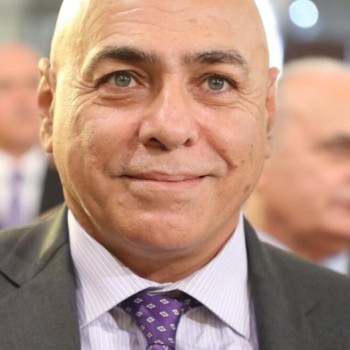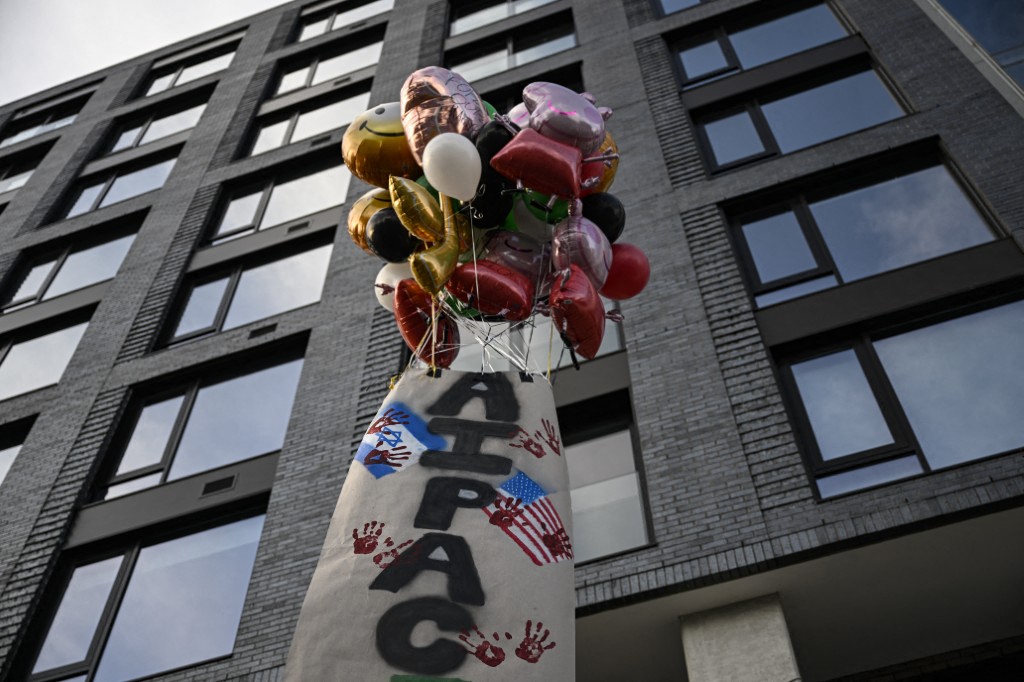Israel has not enjoyed such unwavering U.S. support since the presidency of Bill Clinton in the 1990s. George H. W. Bush and his secretary of state, James Baker, were the last to apply real pressure on Israel, delaying $10 billion in loan guarantees intended to fund settlements for nearly one million Jewish immigrants arriving from the former Soviet Union.
Since then, American support has never faltered—even after Israel’s disproportionate response to the October 7, 2023 “Al-Aqsa Flood” attack and Washington’s silence under both Donald Trump and Joe Biden regarding Israel’s actions in Gaza.
Much of the credit for this steadfast support goes to the influence of the pro-Israel lobby in the United States, particularly the American Israel Public Affairs Committee (AIPAC). It is the most powerful lobbying force in modern U.S. history, wielding unmatched influence over American foreign policy in the Middle East.
Founded in the wake of the Qibya massacre in October 1953, AIPAC grew into a political behemoth capable of shaping legislation, channeling billions of dollars in military aid to Israel, and even influencing the outcomes of U.S. elections. Its success rests on a blend of bipartisan support, grassroots mobilization, and the ability to package Israel’s interests as inseparable from those of the United States.
Origins: Managing Crisis After Qibya
AIPAC’s roots trace back to crisis management. After the Israeli army, led by Ariel Sharon, attacked the West Bank village of Qibya—then under Jordanian control—killing 69 Palestinian civilians, mostly women and children, in retaliation for the deaths of three Israelis. The international backlash was swift. Even the United States supported a U.N. resolution condemning Israel.
Sensing the urgent need to defend Israel’s image, Isaiah Kenen, a former Israeli foreign ministry official specializing in lobbying, founded the American Zionist Committee for Public Affairs in 1954. In 1959, it rebranded as the American Israel Public Affairs Committee.
Kenen adopted a dual strategy of deliberately removing “Israel” from the group’s name to avoid scrutiny under the Foreign Agents Registration Act, since the Eisenhower administration viewed the American Zionist Council as acting on Israel’s behalf. Later, he replaced “Zionist” with “Israel” to broaden the appeal among Americans, portraying Israel as a trustworthy Cold War ally.
1970s-1980s: From Small Lobby to Major Player
AIPAC’s influence expanded rapidly under Morris Amitay (1974–1980), who transformed it from a small lobbying outfit into a mass-membership organization. Through grassroots mobilization and the creation of pro-Israel political action committees (PACs), Amitay pioneered a system that allowed coordinated donations to candidates in Congress supportive of Israel.
By the 1980s, AIPAC could make—or break—a congressional career. In 1982, it helped oust Republican Congressman Paul Findley of Illinois after he engaged with the Palestine Liberation Organization. Two years later, it played a role in unseating Senator Charles Percy, also of Illinois, who supported selling advanced AWACS aircraft to Saudi Arabia.
At the same time, AIPAC cast Israel as America’s indispensable strategic ally against Soviet influence in the Middle East. The narrative gained traction during the 1973 war, when the group successfully lobbied Washington to send emergency arms shipments to Israel.
AIPAC’s growth was staggering: its budget ballooned from $300,000 in 1973 to $7 million by the late 1980s. Its staff expanded from about ten to more than 100, and it established 17 regional offices, creating a nationwide activist network.
1990s-2000s: Peak Influence
By the 1990s, AIPAC had become a gatekeeper for congressional candidates. It secured record aid packages for Israel while stifling nearly all criticism of Israeli policies.
In 1999, AIPAC pushed through a $26.7 billion U.S.aid package to Israel over 10 years, later expanded to $38 billion through 2026. The organization also ensured that Washington repeatedly vetoed U.N. Security Council resolutions condemning Israel, including those denouncing settlement expansion.
Iraq War / Espionage Scandals
In 2002, AIPAC supported the neoconservative push in Congress to authorize President George W. Bush to use force in Iraq. Its image suffered, however, in 2005 when two of its senior officials—Steve Rosen and Keith Weissman—were indicted for receiving classified information from a Pentagon analyst. The case was dropped in 2009, but it exposed AIPAC’s extraordinary reach into sensitive government channels.
Meanwhile, AIPAC’s annual policy conference became a must-attend event for U.S. political heavyweights. In 2016, both presidential candidates—Donald Trump and Hillary Clinton—spoke at the gathering, underscoring the group’s bipartisan sway.
Secrets Behind AIPAC’s Success
AIPAC carefully cultivates its bipartisan image, positioning itself as the meeting ground for bith Democrats and Republicans. It downplays rival Jewish-American groups such as J Street, dismissing them as fringe voices and often branding criticism of Israel as antisemitism.
Over the decades, it perfected the art of fundraising. Long wary of direct campaign donations, AIPAC took a major step in 2021 by creating its own Super PAC. In the 2022 midterms, it spent $17 million to support pro-Israel congressional candidates.
The group also draws strength from alliances with evangelical Christians. Organizations like Christians United for Israel, with an estimated seven million members, consider supporting Israel a religious duty rooted in their interpretation of biblical prophecy.
Beyond fundraising, AIPAC has mastered media influence and political education. It sponsors congressional trips to Israel, funds academic exchange programs, and invests heavily in shaping public narratives that merge U.S. and Israeli interests.
From crisis response in the 1950s to unparalleled dominance in U.S. politics today, AIPAC has risen from obscurity to become a colossus of influence. Its ability to secure bipartisan support, mobilize grassroots networks, and frame Israel’s cause as America’s own has cemented its place as the most powerful lobbying organization in Washington—one that continues to shape U.S. foreign policy in the Middle East.
Please post your comments on:
comment@alsafanews.com
 Politics
Politics














